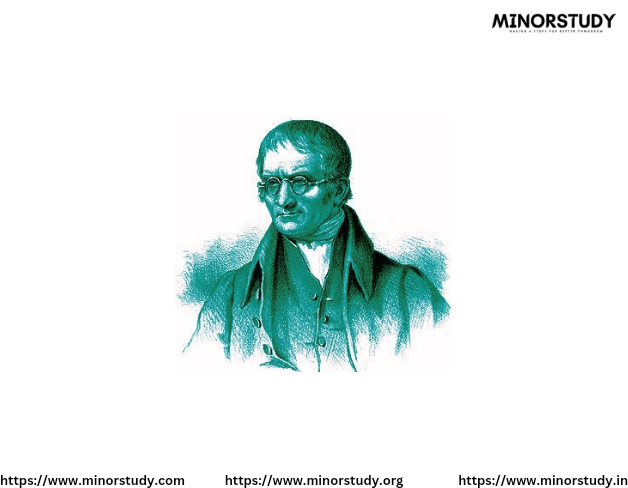Marie Sklodowska Curie
- Minorstudy Web blogs
- Dec 6, 2024
- 3 min read

Marie Sklodowska Curie (November 7, 1867 – July 4, 1934) was a pioneering physicist and chemist, best known for her groundbreaking work in radioactivity. She was the first woman to win a Nobel Prize and remains the only person to have won Nobel Prizes in two different scientific fields—Physics and Chemistry.
Early Life and Education:
Born: November 7, 1867, in Warsaw, Poland (then part of the Russian Empire), as Maria Salomea Skłodowska.
Curie was the youngest of five children in a family that valued education. Her early education was affected by the political situation in Poland, which was under Russian control. Due to her gender, she faced significant barriers in pursuing higher education in Poland.
To continue her studies, she moved to Paris in 1891 and enrolled at the Sorbonne (University of Paris), where she earned her master’s degree in physics in 1893 and a master’s degree in mathematics in 1894.
Key Contributions:
1. Discovery of Radioactivity:
In 1898, Marie and her husband Pierre Curie discovered the radioactive elements polonium (named after her homeland, Poland) and radium. This work led to the formulation of the theory of radioactivity, a term that she coined.
Her pioneering research on the properties of radioactive materials helped establish the field of nuclear physics. Marie’s discoveries were fundamental in developing new techniques in medicine, including the use of radiotherapy for cancer treatment.
2. Nobel Prizes:
Nobel Prize in Physics (1903): Marie Curie was awarded the Nobel Prize in Physics in 1903 alongside her husband Pierre Curie and Henri Becquerel for their work on radioactivity.
Nobel Prize in Chemistry (1911): Marie Curie won the Nobel Prize in Chemistry for her discovery of radium and polonium, and her investigation of their properties. She became the first woman to win a Nobel Prize and remains the only person to win Nobel Prizes in two different scientific fields.
3. Medical Applications of Radioactivity:
Marie Curie’s research directly contributed to the development of radiology and the medical use of radiation. During World War I, she helped set up mobile X-ray units, which helped diagnose and treat soldiers' injuries in the field. She also trained medical personnel in the use of X-ray machines.
4. Work on Nuclear Physics:
Marie Curie's work helped lay the foundation for the development of nuclear energy and nuclear medicine. Her discovery of the intense radioactivity of radium led to the exploration of nuclear reactions, a key aspect of modern nuclear physics.
Challenges and Recognition:
As a woman in science in the late 19th and early 20th centuries, Curie faced immense challenges. She was often excluded from academic societies and had to fight against the prevailing prejudices about women’s role in science.
Despite these challenges, Curie persevered and earned global recognition. Her work on radioactivity made her a household name, and she became a role model for women in science.
In addition to her Nobel Prizes, Curie was elected to the French Academy of Medicine, and she became a professor at the Sorbonne after Pierre Curie’s death in 1906. She was the first woman to hold a professorship there.
Personal Life:
Marriage: In 1895, Marie married Pierre Curie, a fellow scientist, and they had two daughters, Irène and Eve.
Pierre's Death: In 1906, Pierre Curie tragically died in a road accident. After his death, Marie continued their work, making even more remarkable scientific achievements on her own.
Legacy:
Marie Curie's scientific legacy is vast, and her work continues to influence a variety of fields, from nuclear physics to radiology and cancer treatment.
She inspired countless scientists, particularly women, and continues to serve as a role model in the struggle for gender equality in science.
Curie’s discoveries have had lasting effects on both the medical field (through radiation therapy) and the development of nuclear power.
Quotes:
"Nothing in life is to be feared, it is only to be understood. Now is the time to understand more, so that we may fear less."
"I am one of those who think like Nobel, that humanity will draw more good than evil from new discoveries."
Significance:
Marie Curie’s work on radioactivity and her pioneering achievements in science have left a profound impact on multiple fields. As a female scientist in an era when women were often excluded from academic and professional circles, she broke down barriers and demonstrated that talent and determination can overcome adversity. Her discoveries led to the development of nuclear physics, radiology, and nuclear medicine, saving countless lives and changing the course of science and medicine forever.











Comments